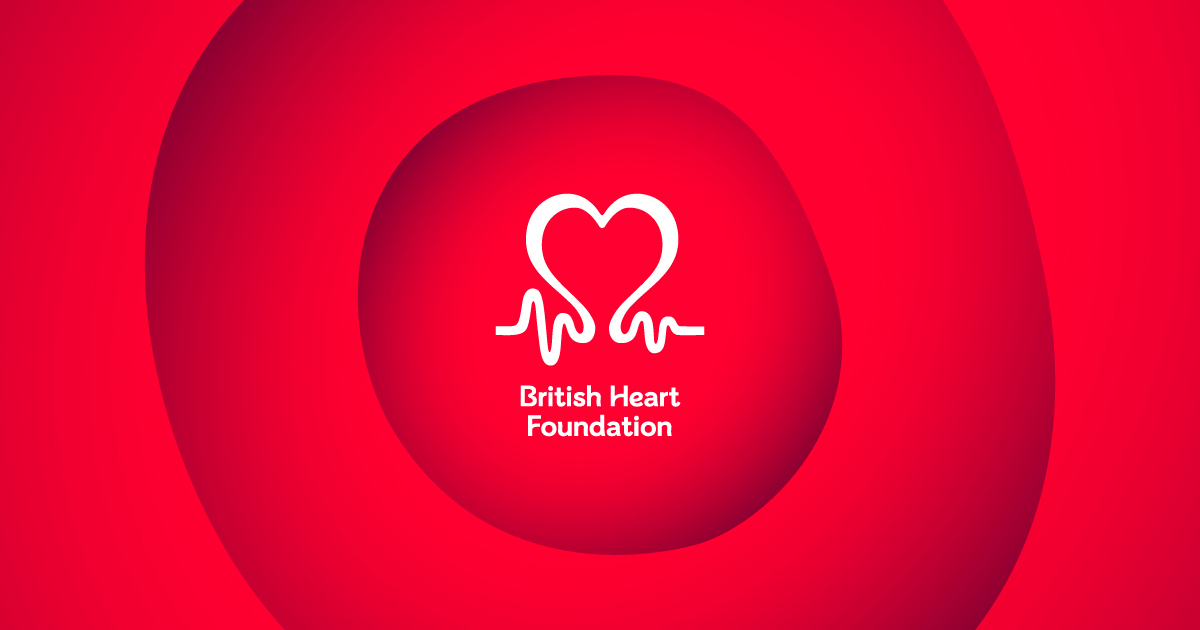Any misperception that women aren’t at risk of heart attacks is dangerous. It means that women experiencing heart attacks may not recognise that they’re having one and get help as quickly as they should, and if they do get help, women are less likely to receive a timely diagnosis and recommended treatments.
Why is the gender gap a problem?
BHF-funded research has uncovered much of the extent of the problem in the UK. In 2019, we launched a national campaign – Bias and Biology – to expose the heart attack gender gap.
We reached thousands of women with information about heart attack symptoms and urged women to dial 999 immediately if they ever experienced them.
We highlighted evidence that women are often not empowered with correct information on the symptoms of a heart attack. Not only that, but women having heart attacks
- delay getting treatment longer than men
- are offered medical care less quickly
- and are offered fewer treatment options than men.
A BHF-funded study led by Dr Chris Gale and team from the University of Leeds showed in 2018 that women having heart attacks were less likely to receive the correct initial diagnosis than men. It is estimated that over a decade, the lives of at least 8,000 women in England and Wales who died as a result of a heart attack could potentially have been saved if they had received the same standard of care as men. The researchers warned that getting a timely diagnosis is the first step to getting treatments. Delays risk lives.
The effects of unequal treatment
In 2019, further BHF-funded research led by Professor Nick Mills and team at the University of Edinburgh showed that even when women are correctly diagnosed with heart attacks, they were still half as likely as men to get the recommended treatments.
The team also helped debunk the myth that women suffer different heart attack symptoms – there is no distinct set of “men’s symptoms” and “women’s symptoms” and atypical symptoms can happen regardless of gender.
Coronary heart disease kills more than twice as many women as breast cancer in the UK and it was the single biggest killer of women worldwide in 2019. The BHF’s Bias and Biology campaign brought to light this complex issue. We will keep fighting for changes in public awareness and perception, as well as changes in heart attack treatment and care. It also highlights the need for more research to understand what drives the heart attack gender gap, and to find new ways to address it.
First published 1st June 2021





